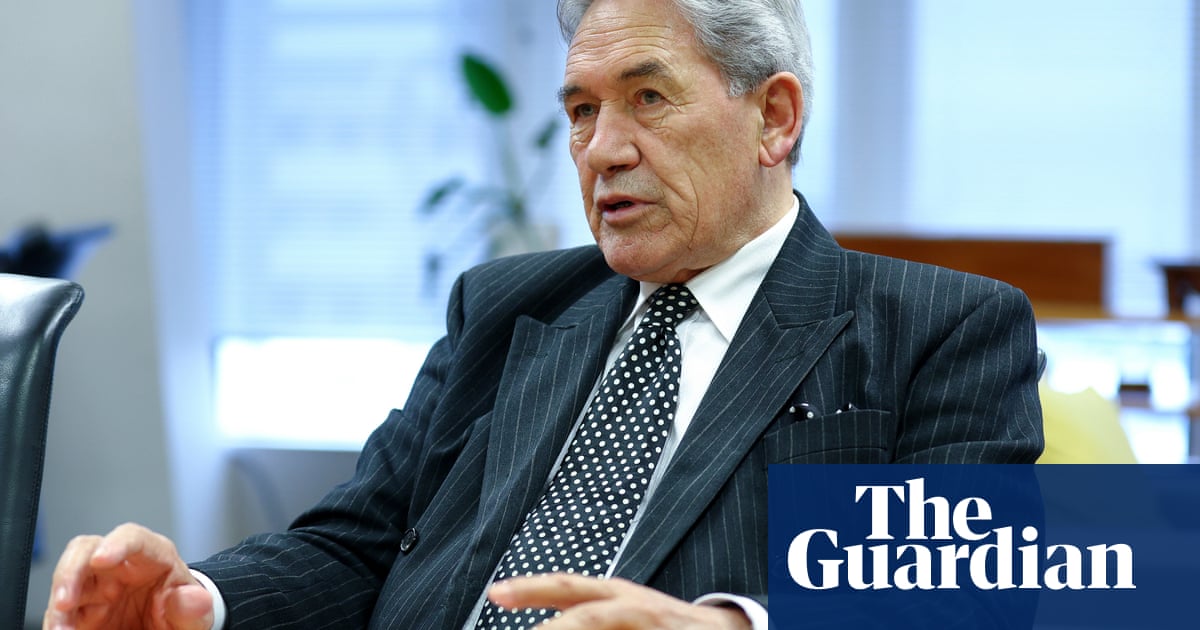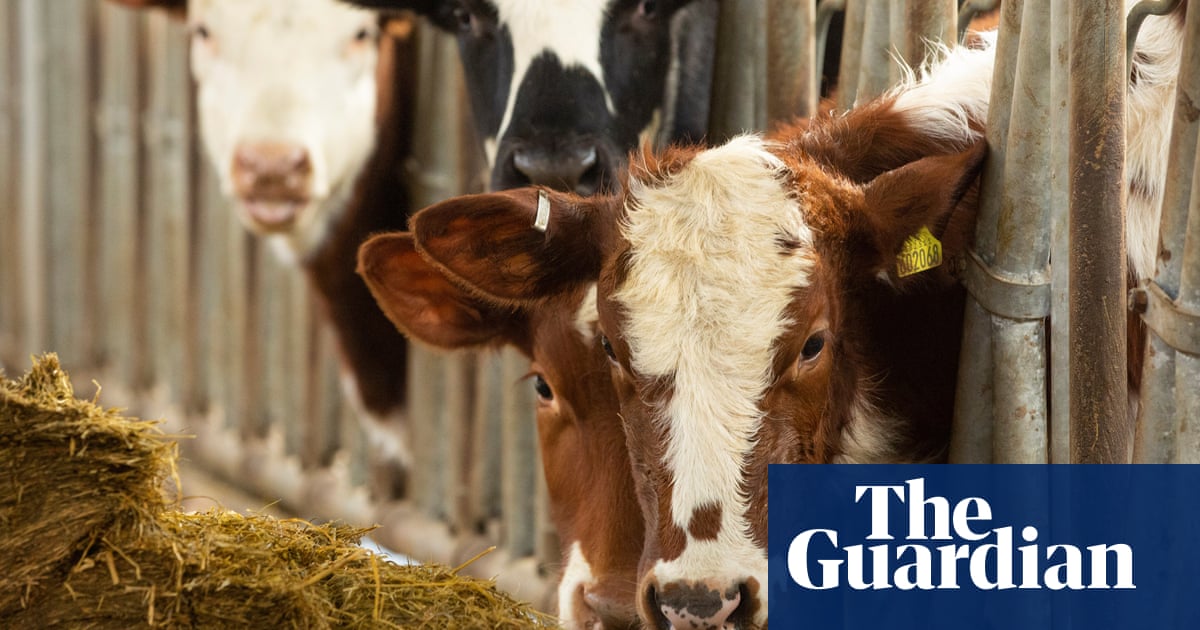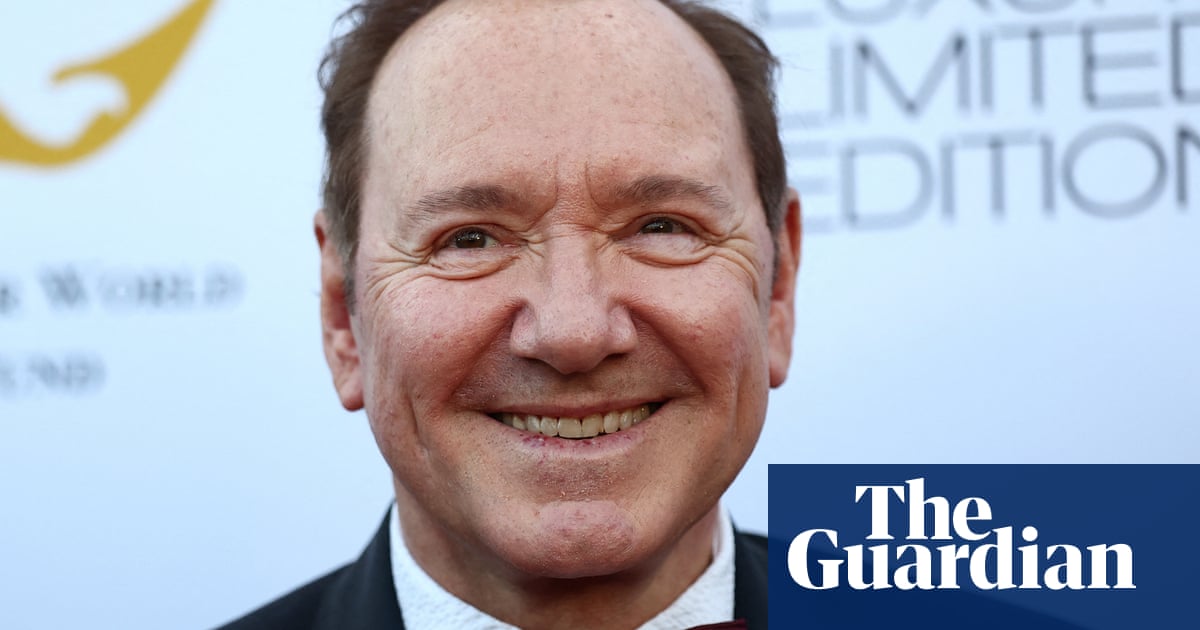Brant Dunshea, the acting chief executive of the British Horseracing Authority, warned on Tuesday that government proposals to harmonise the rates of duty for online betting and casino-style gaming products could cost the industry tens of millions of pounds annually, remove any incentive for gambling firms to focus on racing and increasingly push punters towards illegal operators.
In what will be seen as a welcome – and perhaps overdue – move to put the BHA’s weight behind the sport’s response to the proposals, Dunshea said that racing’s governing body is “deeply concerned” by the planned harmonisation, which was initially floated in November 2023 by the former chancellor of the exchequer, Jeremy Hunt.
The idea did not expire with the last government, however, and the Treasury is currently running a consultation process on the principle of a harmonised rate of duty. Remote (online) betting duty (RBD), on racing and other sports, is currently levied as 15% of an operator’s gross profits, while the rate of remote gaming duty (RGD), for products including online slot machines and casino games, is 21%.
The consultation, which runs until 21 July, does not propose a rate for a unified Remote Betting & Gaming Duty (RBGD), but it is unlikely to be any lower than the current 21% level of RGD.
“Operators are already cross-selling our [racing] customers on games of chance,” Dunshea said on Tuesday, “and we know, and there is academic research to support this, that the potential for gambling harms is greater in those environments around online casinos and slots.
“We’re concerned that this will incentivise operators to reduce their focus on our product, it would make betting on racing more expensive for them to operate, and would also reduce customer incentives, promotions and so forth. This would incentivise [punters to] move away from the regulated markets to the illegal markets, to seek competitive pricing and offers.”
Dunshea said that the BHA had commissioned independent modelling of the likely impact of a unified duty rate at both 21% and 30%.
“The analysis suggests that a rise from 15% to 21% to harmonise with RGD would have an impact of around £40m a year,” Dunshea said. “If you model it out to consider increases once harmonised, that would be significant. At 30%, it would be roughly £90m a year.”
Dunshea’s intervention on Tuesday followed a meeting last week to discuss the proposed harmonisation, which was attended by BHA executives, Treasury officials, directors of major racecourses and MPs with an interest in gambling issues.
The meeting was convened by James Noyes, a senior researcher with the Social Market Foundation (SMF) thinktank, who coordinated a report last year which concluded that the gap between RBD and RGD should be significantly increased, to reflect the huge rise of online slot machines, widely seen as one of the most potential addictive and harmful forms of online gambling, in recent years. Noyes’s report suggested that RGD should be at least doubled, to 42%, with RBD left unchanged at 15%.
The new Labour government, though, seems intent on taking a very different approach, one that will enshrine the belief – or rather, the pretence – that betting and gaming are just two sides of the same coin within the tax code, for the first time.
Betting and gaming have superficial similarities, but you need only to scratch the surface to appreciate their profound differences.
Greg Wood's Wednesday tips
ShowAyr 2.00 Nelson Gay 2.30 Underwriter 3.00 Woohoo (nb) 3.30 Garden Oasis 4.05 Hosanna Power 4.42 Sir Garfield 5.17 On The Bubble
Chepstow 2.22 Ammes 2.52 What A Nation 3.22 Italica 3.55 Rosenpur 4.25 Bust A Moon 5.00 Cooperation 5.35 Silky Robin
Warwick 2.40 Roadshow 3.10 Cusano 3.40 Pride Of Paris 4.15 Ukantango 4.50 A Dublin Job 5.25 Mr Yeats
Kempton 5.05 Believe The Storm 5.40 Deira Storm 6.10 Opening Bat (nap) 6.40 Charencey 7.10 Sayidah Hard Spun 7.40 Newsreader 8.10 Scarboroughwarning 8.40 Tatmeen
Brighton 6.00 Pop Dancer 6.30 Immediate Effect 7.00 Muy Muy Loco 7.30 Devasboy 8.00 Market House 8.30 Voltaic
Gaming is, essentially, a mechanical process, underpinned by basic maths. The operator’s gross profit is a fixed, immutable function of turnover. Betting, on racing or anything else, involves thought and skill, and the odds – and operator’s margin – are fluid. It requires considerable effort – on both sides of the unending struggle between bookie and punter – to make it pay.
Racing, meanwhile, has a uniquely close relationship with betting among major sports. The BHA’s latest estimate of the sport’s total annual contribution to the UK economy was £4.1bn. The 85,000 workers whose jobs are directly or indirectly dependent on the racing are all paying tax and national insurance, and spending their wages in local economies, and rural economies in particular, up and down the country.
The main effort required in gaming, by contrast, involves finding new ways to package the drab, attritional, click-click-click process of separating players from their money, a little bit at a time.
Dunshea’s comments on Tuesday, like the BHA’s imminent official response to the Treasury consultation, are standing up only for betting on racing, but still represent a big step forward from the days when, for instance, the sport simply stood and watched as £100-a-spin roulette machines proliferated in off-course betting shops and gambling industry bodies insisted – falsely, as it turned out – that high-stakes machines were necessary to keep shops open.
In a foreword to the document which launched its consultation, James Murray MP, exchequer secretary to the Treasury, suggested that a single duty would create “a simpler, streamlined system that is easier for operators to navigate”. The introduction to the document itself, meanwhile, states plainly that “gambling taxation should reflect the reality of the gambling industry.”
So which is it? A basic reality of the gambling industry is that betting and gaming are fundamentally different things, and the taxation regime around gambling has always reflected that fact.
The Treasury (presumably) does not want to do irreparable damage to one of the country’s most popular spectator sports and an industry that has major economic benefits for the UK. There is no surer way to invoke the law of unintended consequences, however, than to impose simplicity on something that is complex for a reason.

 6 hours ago
10
6 hours ago
10

















































